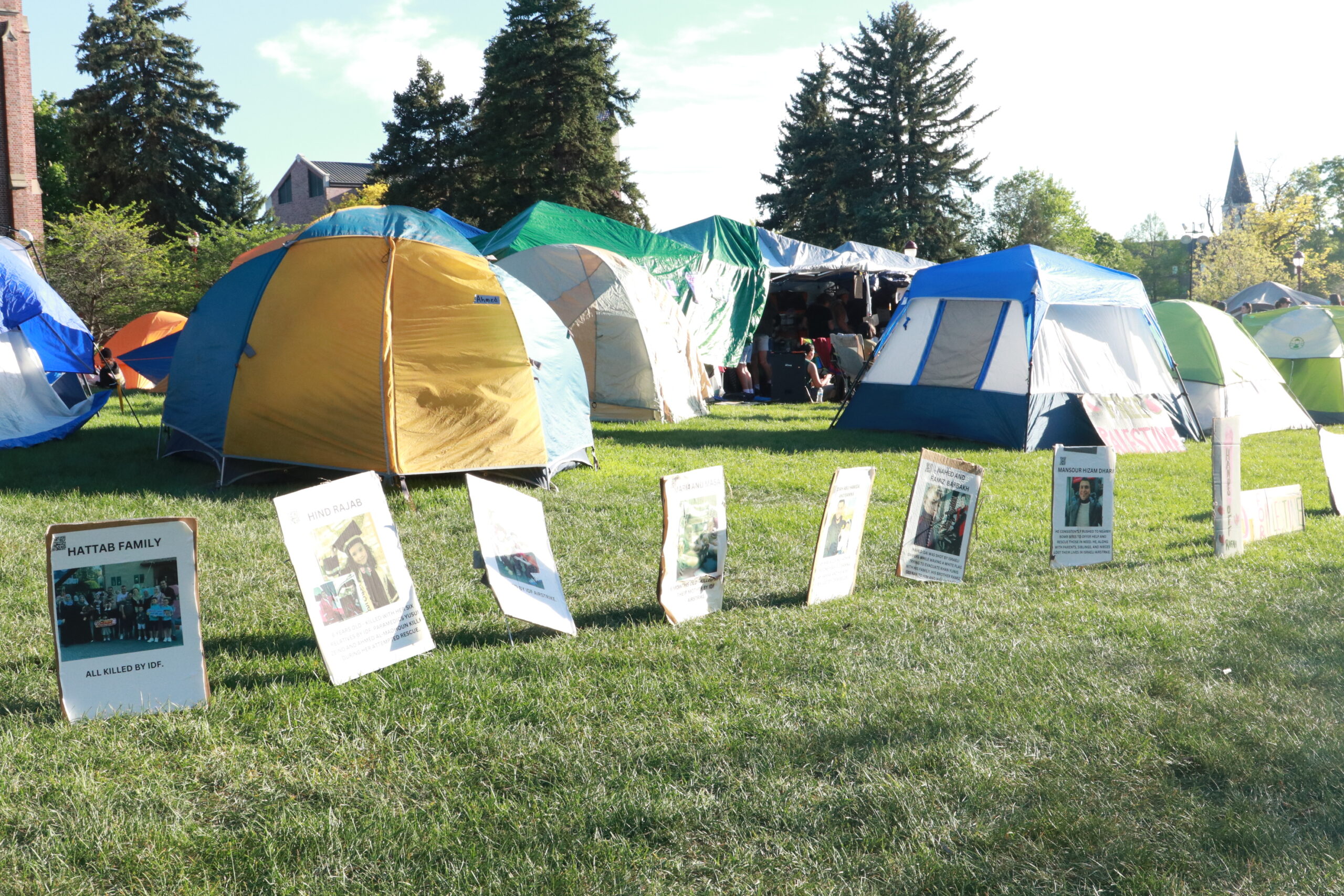The Colorado Legislature is considering a bill that would define the rights that a rape victim has to information about preventing a resulting pregnancy.
The House Committee on Health and Human Services approved House bill 1042 in late January. The bill moves next to the full House of Representatives for debate and, if approved, will go to Senate committees and eventually to the entire Senate.
If signed into law by Gov. Bill Owens, the legislation would require hospital emergency rooms to inform victims that emergency contraception, also known as the morning-after pill or Plan B, can prevent an unwanted pregnancy. The hospital would also be required to offer emergency contraception or refer the patient to a pharmacy that can provide it.
Similar bills have failed in the past two sessions of the State Legislature. Observers believe the bill has a greater chance of passing this year because for the first time in 42 years, Democrats control both chambers of the Colorado Legislature.
In addition to the implications that the bill would have for hospitals and rape victims, it presents a moral conflict for many.
Colorado law defines a pregnancy as beginning with implantation of a fertilized egg in a woman’s uterine wall. This definition is the source of controversy for those opposed to the bill.
“Just because there are members of the medical [and legal] community that fail to realize that life begins at conception does not mean that those members are correct,” said University of Denver sophomore Tara Stone, a member of DU’s Catholic group FOCUS. “No matter how traumatic an event is, it can never justify the destruction of a human life.”
Others, however, say that opposition to the bill is based on a misconception of the effects of the morning-after pill.
“It comes down to a misunderstanding of what the drug is and what it does,” said DU senior Heather Yocum, president of the Undergraduate Women’s Council. “EC just creates a hostile environment for an egg. It won’t actually cause an abortion or a baby to die if the woman is already pregnant.”
Yocum said that the bill would not deny a woman the right to follow her religious beliefs. Rather, it would simply provide information.
“Every person has the right to decide when a pregnancy becomes life,” she said. “But having all the facts can’t hurt you. [EC] is an option that victims should at least be aware of.”
There are 300,000 rapes reported in the United States each year, said Cynthia Stone, spokesperson for the Colorado Coalition Against Sexual Assault, a state-wide membership group that works to develop prevention programs, public awareness and victim advocacy.
Of those 300,000, she said, 25,000-32,000 women become pregnant as a result of the attack and 50 percent of those pregnancies are eventually aborted. Emergency contraception could prevent 22,000-25,000 of those pregnancies, and would ultimately cause a dramatic decline in the number of abortions.
The possibility of reducing the number in abortions has won support for the bill from some who would seem unlikely advocates.
DU sophomore Megan Hendricks is both a Republican and a member of FOCUS. She said that she supports the bill, though, because it might prevent unnecessary abortions.
“I’ve really thought about this a lot. It can’t be taken lightly and it needs to be fought for,” said Hendricks. “When a woman has been raped, why force her to have a child that will bring up memories of suffering and hurt? It’s hard, but there’s a difference between cases of rape and cases of irresponsibility.”
Yocum agrees that the trauma that results from rape is at the forefront of why the bill needs to be passed.
“You shouldn’t force a woman who has been raped to make the choice of, ‘Can I deal with this?'” she said. “This bill is about the patient’s best interest, and that should be what hospitals are striving for anyway.”
Tara Stone, however, said that the trauma resulting from rape does not justify “destroying a human life.”
“It seems that society today has led women to believe that abortion is the only option to deal with an unwanted pregnancy,” she said. “Forcible rape is very, very tragic, but it does not give a woman the right to kill her child.”
Thirty percent of Colorado hospital emergency rooms currently have no formalized policy or procedure involving access to education, according to Cynthia Stone.
The DU Health Center does offer information about emergency contraception to victims of rapes, said Girish Paranjape, a doctor at the Health Center. Students are not required to have the DU health insurance to have access to the morning-after pill, he said.
“Student can be seen at the health center and pay a fee-for-service for the visit, if they do not have the Health Fee,” said Paranjape. “All students pay for is the medication cost, which is $15 at the Health Center, or they can take a written prescription to a local pharmacy to fill through their own insurance.”
Cynthia Stone said that she encourages students to call or write to their Colorado senator to voice their views on this bill.











